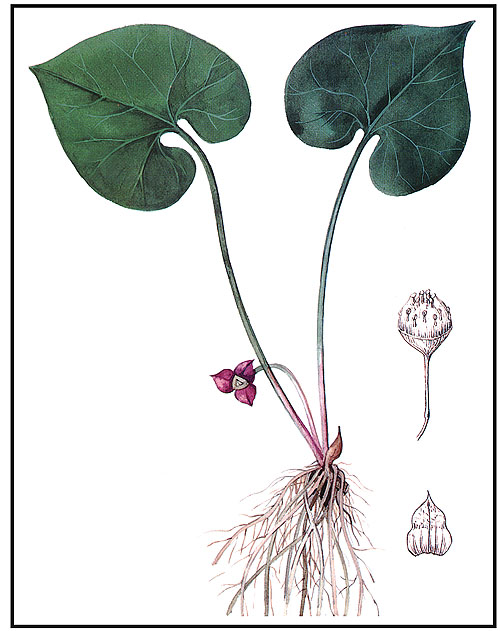 The use of products containing aristolochic acid, including botanical products marketed as traditional medicines, has been associated with nephropathy (kidney disease) characterized by rapidly progressive scaring and cancer.
The use of products containing aristolochic acid, including botanical products marketed as traditional medicines, has been associated with nephropathy (kidney disease) characterized by rapidly progressive scaring and cancer.
The authors of this article from the Princess Margaret Hospital in Hong Kong describe 5 patients who experienced aristolochic poisoning.
In 3 cases, the patients had been prescribed ?Baiying?, but Herba Aristolochia Mollissemae was dispensed. The patients took this treatment for 6 to 12 months and developed end-stage kidney failure — failure of the kidney requiring dialysis or transplant to survive.
In the other patients, signs of kidney failure developed early on and treatment lead to recovery.
The bottom line?
Aristolochic acid nephropathy has been well documented in the past 10 years, and today the use of aristolochic acid-containing herbs is prohibited in many countries.
The authors conclude that aristolochic acid nephropathy is, “a terrible example of what can go wrong when quality control measures of herbal products are insufficient or not observed. It also highlights the importance of improving the nomenclature system of herbs.” In China, most cases of aristolochic acid nephropathy result from the substitution of aristolochic acid-containing Caulis Aristolochiae Manshuriensis for the herb Caulis Akebiae. They appear similar in Chinese pictographs.
People with pre-existing kidney disease are at highest risk for this adverse event. An earlier report on this issue is summarized here.
1/6/08 18:44 JR